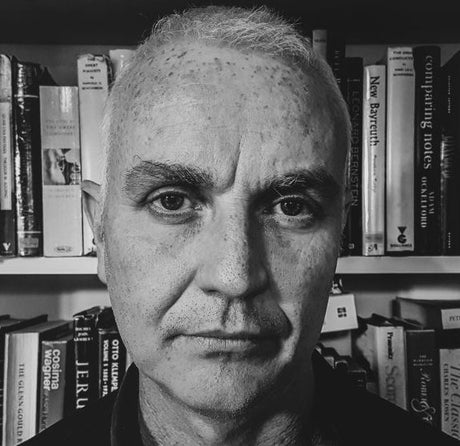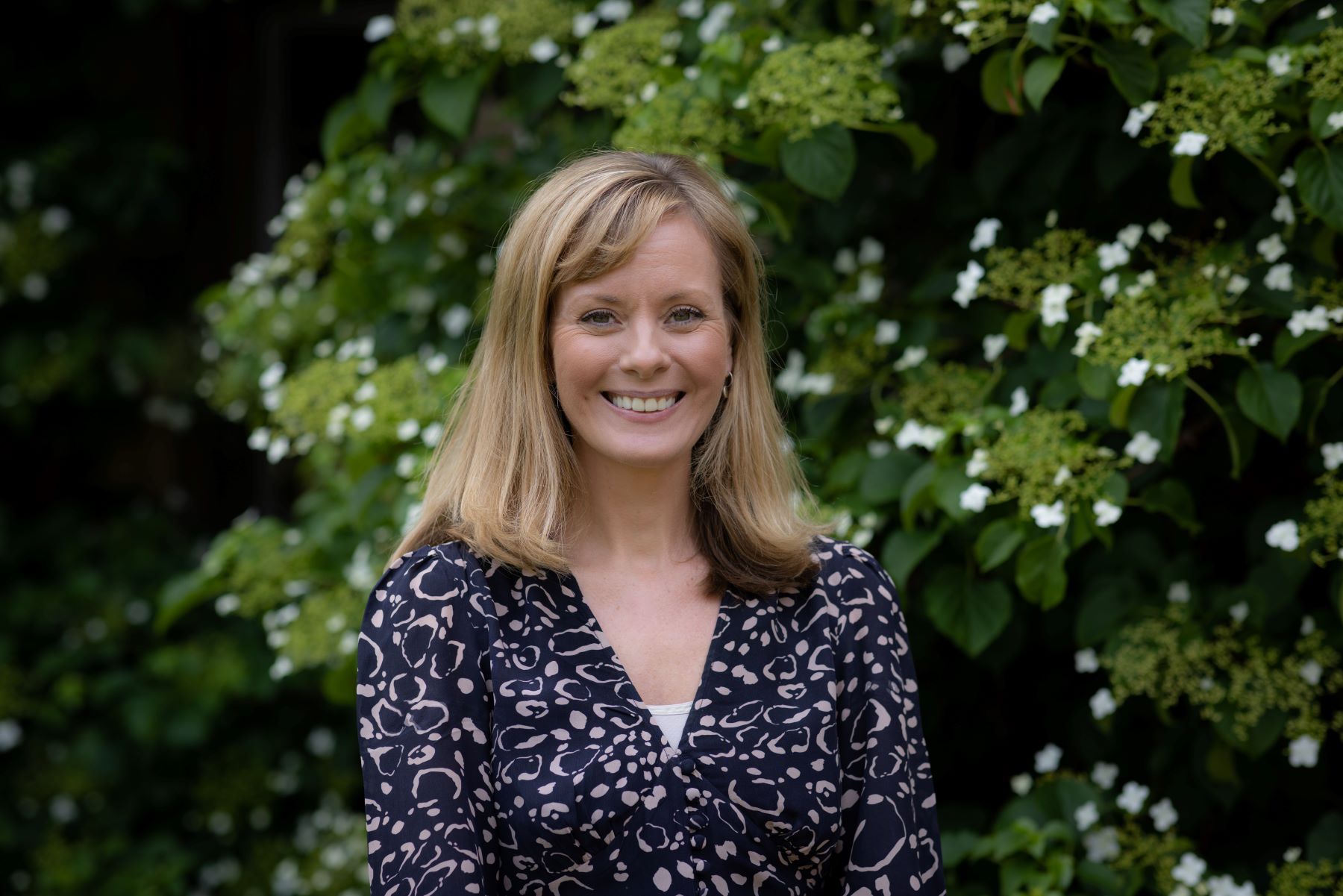
“At a time when critical thinking is under threat, the tools of philosophy are ever more important. By keeping them sharp we can change the world.”
Those are the words of well-known public philosopher Peter Salmon who is coming to the University of Winchester to give a lecture as part of the first British Philosophy Fortnight (17-30 March).
Winchester is set to play a prominent role in the fortnight launched by the British Philosophical Association who say the subject provides “crucial skills for living in complex worlds and for responding to pressing global challenges, from pandemics to climate change”.

Peter Salmon
Peter Salmon will give a talk on Jacques Derrida and metaphysics on 27 March from 6pm in Room 004 of the University’s St Alphege building. He is an authority on the controversial French philosopher Derrida, who put forward the theory of deconstruction to show that the meaning of a work is unstable and could have multiple meanings.
Peter Salmon is one of two big name ‘public philosophers’ lined up to take part in Winchester events. The other is Professor Gregg Caruso, who will be hosting an online debate on free will on Thursday 13 March at 1pm. Follow this link to find out how to join the event.
Gregg Caruso
Gregg is Professor of Ethics and Director of the Patrick J. Waide Center for Applied Ethics at Fairfield University in Connecticut. He has written several books on free will and moral responsibility. He believes many factors beyond our control determine our actions so we do not have the kind of free will required for genuine or ultimate responsibility.

Winchester’s events have been organised by associate lecturer Elizabeth Mackintosh (pictured) who will be visiting several schools and colleges (and universities) to talk about Mary Midgley’s public philosophy.
Midgley’s down-to- earth approach compared philosophy to plumbing. Like plumbing philosophy often goes unnoticed and is hard to is hard to reroute and alter.
However, as Elizabeth says: “The philosopher and philosophy helps us to closely inspect our pipes, to make sure they aren’t carrying along a lot of bad thinking and to get the water flowing again!”
Also taking part in Philosophy Fortnight is the University of Winchester’s own Dr Marika Rose who will give a presentation on her research at the Kate Hamburger Centre for Apocalyptic and Post Apocalyptic Studies on 24 March in Room 002 of the St Alphege Building. Marika’s talk, 'Angels of the Apocalypse', will look at what apocalyptic angel films can tell us about religion, gender, and contemporary politics.
Marika (pictured) is a Senior Lecturer in Philosophical Theology at the University and a regular presenter of the Daily Service on BBC Radio 4.
Asked why she thought philosophy was important she replied: “According to the Greek philosopher Plotinus, philosophy doesn’t just matter, it’s what matters most. Philosophy asks what the nature of reality is, that is, what kind of stuff or matter the world is made of.
“Philosophy sets out to understand what’s most important, what’s worth giving our time and energy to: what matters? In a sense, we’re all doing philosophy all the time, but philosophy invites us – to paraphrase Dolly Parton – to find out what we are and be it on purpose.”
Back to media centre